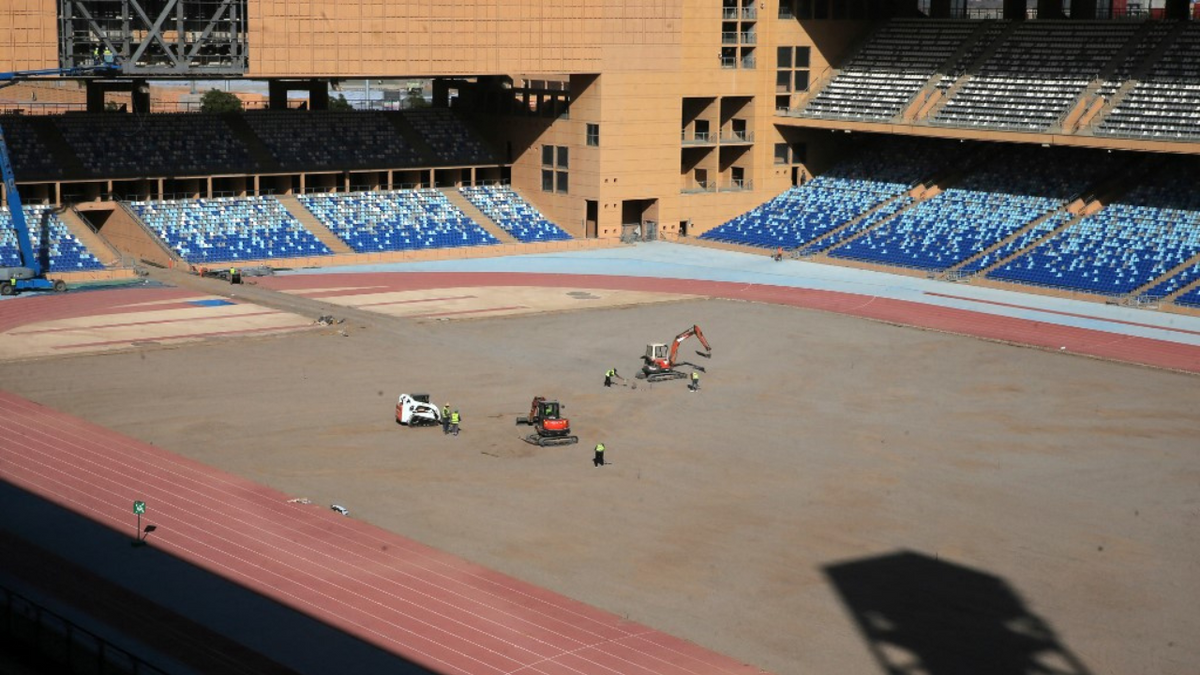
0
Morocco has come under heavy criticism for allegedly killing millions of stray dogs in build up to the country hosting the 2030 FIFA World Cup. Twenty-three venues have been proposed for the FIFA World Cup 2030, to be held across six countries. Spain, Portugal and Morocco will be the main hosts for the men’s football tournament.
The claims imply that over three million dogs have been brutally culled to ‘clean up’ urban areas ahead of the football wioWorld Cup. The move has sparked outrage among animal rights activists and raised questions about the ethical implications of prioritizing image over compassion.
Also Read: Medvedev faces fine for smashing racquet, net camera in AO meltdown
Several reports also indicate that many of the dogs were poisoned, shot, or subjected to other inhumane methods to reduce their numbers. The government has not yet issued a formal response, but local authorities reportedly justify the action as necessary to maintain public safety and cleanliness in cities such as Casablanca, Rabat, and Tangier—key locations for World Cup events.
International animal welfare groups, including PETA and World Animal Protection, have strongly condemned the actions. A spokesperson for one group described the alleged killings as “horrifying and unnecessary,” urging Morocco to adopt more humane approaches to animal population control. These could include sterilization campaigns, vaccination programs, and adoption initiatives that ensure both public safety and animal welfare.
Social media platforms have also seen a surge in public outrage. Many users, both in Morocco and abroad, have called for boycotts of the event and demanded FIFA hold the Moroccan authorities accountable. Critics argue that such actions tarnish the image of the World Cup.
Experts say that Morocco is not the first host country to resort to such drastic measures. Past sporting events in countries like Russia and Brazil also faced backlash over similar actions. Nevertheless, the scale of the alleged culling in Morocco is unprecedented.
The incident has fueled a broader discussion about the treatment of animals in developing countries, particularly where economic constraints and cultural attitudes often make humane solutions seem less viable. Activists hope that this public outcry will push Morocco and future host nations to embrace ethical alternatives and foster greater respect for all living beings.
Subscribe to our Newsletter!
By accepting cookies, you agree to the storing of cookies on your device to enhance site navigation, analyze site usage, and assist in our marketing efforts.

